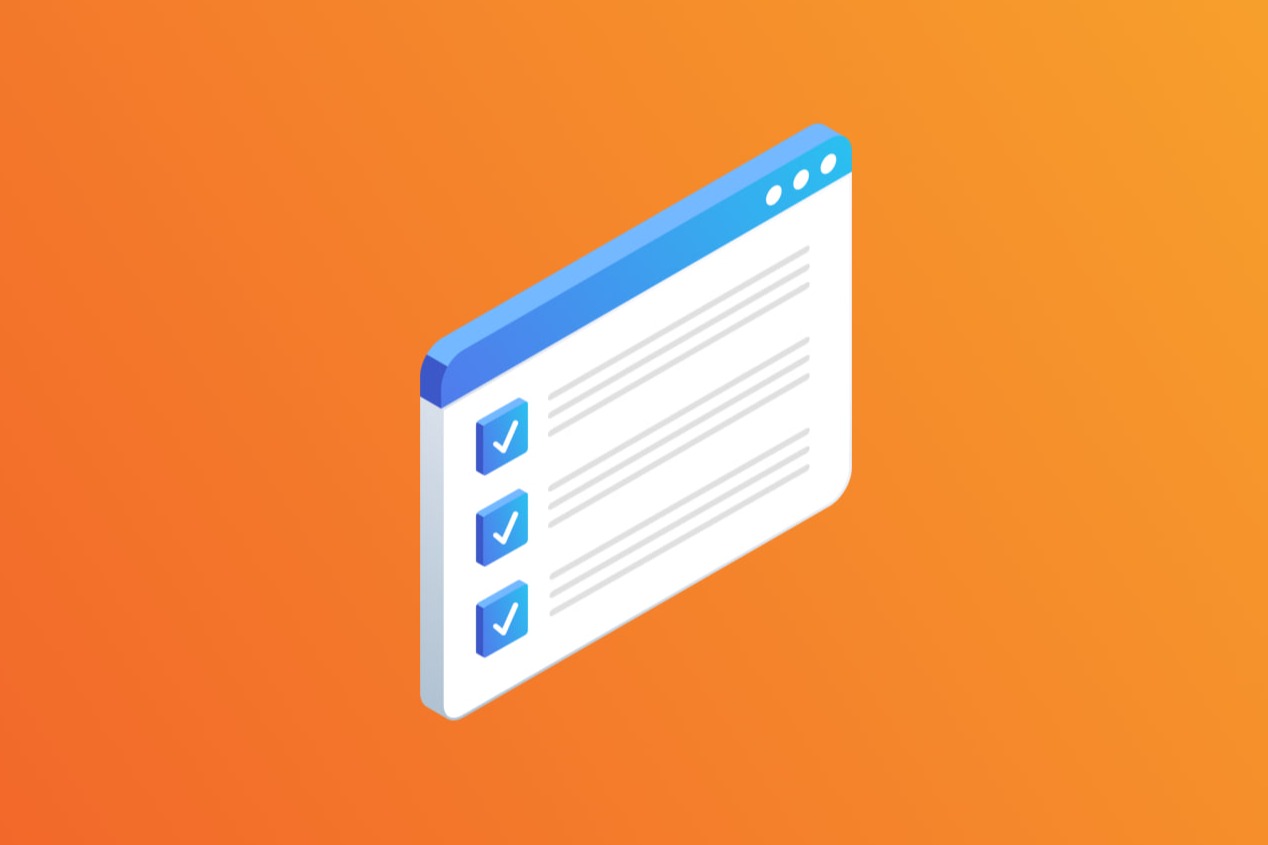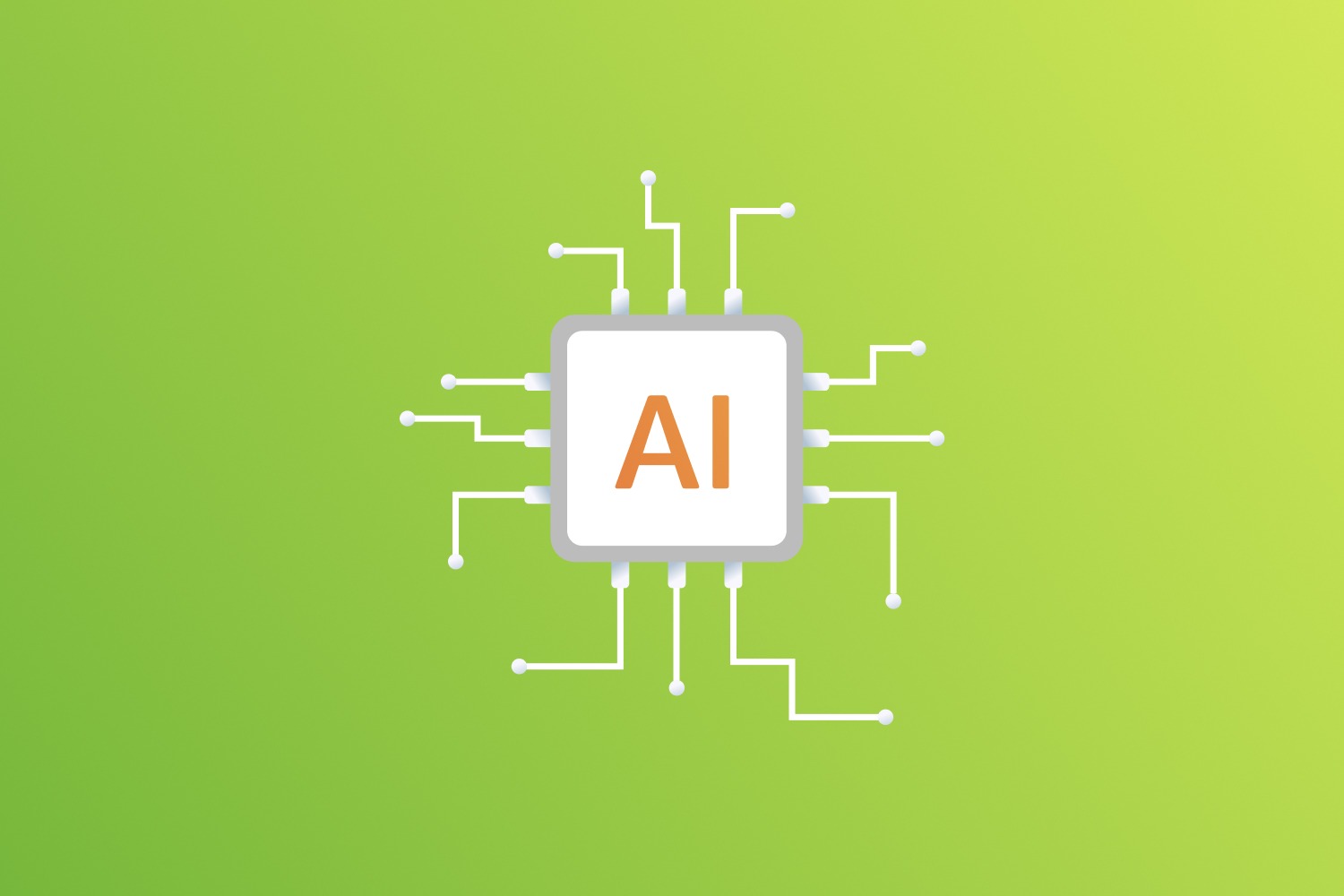What are the main features of the .NET framework? What do .NET developers do? How to get started in .NET? We asked Denys Chesnokov, Lead Software Engineer at EPAM, to answer these and many other important questions.
What is .NET?
.NET, or .NET Framework, is a software development framework created by Microsoft.
The first version of the framework was released in 2002. It is believed that .NET Framework was developed as an alternative to the Java framework built by Sun Microsystems. The main difference between the two is that .NET Framework is designed to work with the Windows operating systems. Ever since, it has come a long way from the version 1.0 to the latest version 4.8.1 released in August, 2022. There is a variety of existing software products, libraries, and frameworks specifically written for .NET Framework.
In 2016, .NET Framework was complemented by a release of .NET Core — a multitasking, modular, cross-platform framework which is compatible with different operating systems and supports numerous new scenarios and possibilities of application. Its release has been essential to the promotion of .NET among developers and businessmen.
Denys Chesnokov:
The main idea behind a cross-platform framework is that a software can be written using a specific language, which is then translated into аn intermediate language. The latter one interacts with the machine code. Therefore, you can write a .NET application using C# for Linux-based devices such as a Wi-Fi router, smart TV, and other smart devices. It can be used even for a washing machine equipped with a Raspberry PI controller.
It is widely believed that the С# programming language and the .NET framework are the same, which is absolutely wrong.
For sure, they’re partially intertwined, but not strictly interdependent. For example, there are alternative frameworks apart from the officially supported .NET releases, such as Mono, .NET Compact Framework, .NET Micro Framework, and others. All these platforms support C#, but only to some extent. At the same time, .NET is compatible not only with C# but also with F#, VB.NET, and even C++ programming languages.
The developers coding in different languages can get together and write a single software product for a specific .NET framework. The components of such product written in different languages will be able to interact with each other flawlessly. As a matter of fact, this explains why the .NET community is such a vast and diverse association — it brings together developers writing in different languages.
To start studying .NET, use the .NET map built by EPAM engineers to prioritize the topics and technologies necessary for a beginner.
What do .NET developers do?
Programming languages and frameworks are created to address specific tasks and develop relevant software products. .NET has its unique features too. Notably, the range of products developed by .NET developers is very wide. Just look through this list which features the companies using .NET. They represent a wide variety of industries, from finances and trade to politics and sociology. Generally, all the variety of software products developed for .NET can be grouped as follows:
Web Development
Arguably, the most widely used group of applications created via .NET. The distinct feature of web applications is that they run in a web browser and usually require a stable internet connection.
Web applications vary in complexity. Creating a small one-page website with images and links is not a big deal. However, developing a complex web application will require a lot of effort. A clear example of an application with simple front-end and complex back-end is the Stack Overflow website, known to every developer.
Writing a web application for .NET requires the knowledge of the C# language and the ASP.NET MVC framework. It’s also important to understand what a client or server is, how such protocols as HTTP, REST, JavaScript are designed, and what is the difference between front-end and back-end. These days, such development requires knowledge of domains, web hosting services, plans, and some understanding of cloud technologies such as MS Azure, Amazon, Google Cloud, and others.
Client Applications
Сlient applications are the products that run on personal computers and mobile devices of end users.
Several components of the Windows operating system are developed using .NET — Notepad and Calculator are among them. However, there are also lots of .NET applications written by individual developers, some of which are available in this catalogue. More complex products are created on .NET as well: for example, there are NinjaTrader and Tradesignal for trading and Microsoft Power BI for business analysis. The latter visualizes the data from any source and allows faster and easier data handling. Usually, desktop client applications are developed using the Windows Presentation Foundation (WPF) or Windows Forms technologies. You can use them to build complex applications for user’s desktop computers.
There are also client applications for smartphones. With the help of .NET Core and Xamarin.Forms you can write an application and publish it in App Store or Google Play to make it available to any smartphone or tablet owner.
Game Development
.NET enables writing games for Unity, a game engine based on Mono, one of the .NET frameworks. The list of popular games developed on .NET is wide, and you might recognize some titles: for instance, Inside, Kerbal Space Program, Endless Legend, or Pokemon Go.
To create a game, all you need is to write its core in C# and use libraries of the Mono and Unity platforms. It’s much easier and faster since you don’t need to learn C++. The translation of C# code is performed by Mono and Unity.
Internet of Things (IoT)
The Internet of Things is the area of development of appliances that interact with each other, the external environment, and the Internet. You can use Raspberry PI with Windows 10 IoT Core to control a smart kettle, home lightning systems, self-driving cars, speech recognition systems, and automated dialogue systems, which are based on ready-made frameworks. If you plan to dive deeper into the topic, read about Azure IoT and Azure IoT Hub. Next, study how the two-way communication between a server (hub) and your smart devices is organized.
Enterprise
Enterprise is the area of product development not for end users but for businesses. Such products include information management systems, document management systems, and customer relationship management (CRM) systems.
Enterprise systems are the result of the combined web, desktop, and mobile development. Though universal to some extent, they’re built to solve a specific range of tasks. For example, if a customer is interested in organizing a complex document management system, the MS SharePoint (SharePoint Online) platform could become a feasible solution. If it’s about creating a global online marketplace for a major retail company, the Sitecore platform could be a good choice.
If you want to focus on Enterprise development, the knowledge of C#, .NET, and JavaScript won’t be enough. You should also get familiar with the instruments that a future enterprise product will be based on. For example, to develop a SharePoint-based product, you will need to study such SharePoint components as workflows, web parts, timer jobs, custom fields, content types, and features.
Why should you study .NET?
The appeal of .NET among beginner developers can be explained not only by the diversity of product types. Knowledge of .NET basics allows you to be flexible in choosing your specialization and programming area.
You can choose back-end, become proficient in WCF and ASP.NET Core, and build services for applications. With the help of Razor or Blazor you can develop both back-end and front-end of fully-fledged web applications. If you want to switch to a modern engine such as React, NG, or Vue, you can use TypeScript — a programming language, which is a superset of JavaScript. It was developed by Microsoft specifically for C# developers.
And that's not the end of .NET advantages. The framework is very easy to start working with. Most of our desktop computers run Windows OS. So, it’s far easier to get started with .NET since it’s compatible with Windows and doesn’t require additional software to be installed and configured. Other frameworks require a special configuration of Windows: for example, if you decide to study Java, first, you’ll need to install a Java virtual machine on your computer. At the same time, you can’t work with iOS without a MacBook and the XCode environment.
We can’t talk about the advantages of .NET for beginner specialists without mentioning a booming .NET community. Popular sites such as GitHub or Stack Overflow feature answers to essential beginner questions and can even provide some code samples.
Denys Chesnokov:
I wouldn’t recommend the beginners to overuse someone’s code. If you borrow the code from Stack Overflow too often, you may end up with a lower-quality application, lots of external dependencies, and complete ignorance of the code structure.
Advice for beginner developers
Before choosing .NET or any other framework, you should primarily study the basics, that is the theory of algorithms and the theory of information.
Only after mastering the basics, you can get down to choosing a framework and following that to pick a language supported by such a framework. The knowledge of relevant frameworks and technologies is required to make the right choice. You should understand how they interact with each other, what communication protocols are used, and others.
The choice of a framework directly depends on the software products that you want to develop. Let's say, for example, you need neural networks to solve a task. In that case, you are faced with a choice of using either .NET or Anaconda. These frameworks have various functions and features to work with neural networks. The choice should address the specific functions and features you need to solve a specific task. If you select .NET, you’ll have the ML.NET framework and the С# language at your disposal. But if you opt for Anaconda, then you’ll work with Keras and Python.
Once you choose the framework and language, it’s important to get familiar with a microservices architecture. Nowadays, the design of many software products is based on this specific approach. It ensures that components, technologies, and frameworks are interchangeable, simple, and more independent.
It’s also important to pay attention to databases and database management systems (DBMS).
Denys Chesnokov:
Sometimes, the students in the EPAM Laboratory start with no knowledge of databases. But commonly, applications process some information. That’s why you should know at least one DBMS such as Microsoft SQL Server and the T-SQL language, respectively. It’s also important to read about the CAP theorem and the NoSQL databases since they are widely popular these days.
If you choose .NET as the area of your professional growth, MSDN (Microsoft Developer Network) will be your main information source. It’s an official portal containing information on all Microsoft products. You should also take a look at TechNet forum, where all these products are discussed.
.NET is a framework that reflects the modern trends in development and offers many opportunities to beginners. If you want to focus on the .NET development, the most effective way to do this is with the support from more experienced specialists, such as Denys. Register for our .NET educational courses and learn from instructors with vast production experience.








